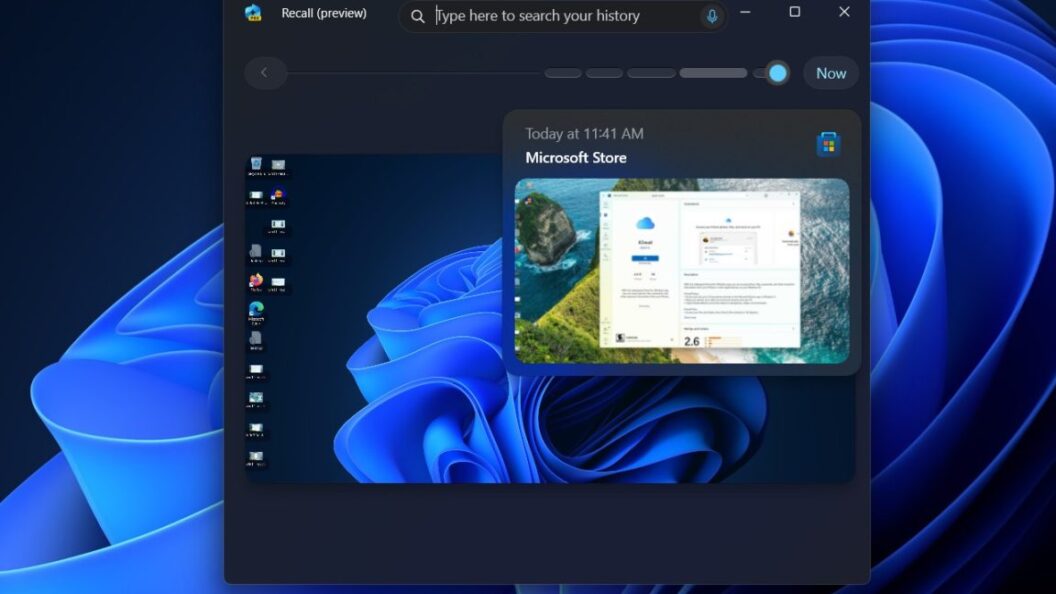Microsoft’s Recall Feature Sparks Privacy Concerns Amid New Rollout
Security and privacy advocates are bracing for renewed debates as Microsoft reintroduces its controversial AI tool, Recall, in Windows 11. Initially unveiled in May 2024, Recall faced intense criticism for its potential to compromise user privacy. This software operates by capturing screenshots, indexing user activities, and storing this data every three seconds, raising alarms among experts about its inherent vulnerabilities and risks.
Concerns Around Security and Privacy
When Recall was first announced, experts expressed significant concerns about the tool. Critics highlighted the potential for malicious insiders, cybercriminals, or state-sponsored actors to exploit the feature if they gained administrative access to a device. Privacy advocates also pointed out the particularly alarming implications for survivors of intimate partner violence, arguing that the automated logging of potentially sensitive interactions could be weaponized against vulnerable populations. Moreover, potential misuse of the tool extends to disappearing messages from private messaging services like Signal, which could inadvertently be saved and stored, contradicting the principles of user confidentiality that such services promote.
The Temporary Suspension of Recall
In response to the backlash, Microsoft temporarily suspended the rollout of Recall. However, on Thursday, the company announced that it is reintroducing the feature, albeit initially limited to Insiders utilizing the Windows 11 Build 26100.3902 preview version. Microsoft’s officials characterized Recall as a tool designed to enhance user productivity, stating:
“Recall (preview) saves you time by offering an entirely new way to search for things you’ve seen or done on your PC securely.”
According to the company, users will need to opt-in to enable the snapshot feature and must authenticate their identity through Windows Hello to access stored data. This means users have control over what is saved and can pause the snapshot functionality at any time. Microsoft believes these modifications will mitigate some of the earlier privacy concerns.
Emerging Issues and Public Sentiment
Despite Microsoft’s attempts to address the backlash through opt-in features and user control measures, skepticism remains among privacy advocates and the general public. Critics argue that this model still places undue risk on users, as the potential for data breaches and unauthorized access persists. The term "enshittification" has emerged within discourse around tech products that provide tools to benefit users but may also invite exploitation. Many remain unconvinced that Microsoft’s safeguards are sufficient to protect against possible future abuses of Recall.
Conclusion: Implications for Privacy and Security in Tech
The situation surrounding Recall highlights a critical tension between technological advancement and user privacy. As AI tools increasingly integrate into daily workflows, the necessity for robust privacy protections becomes paramount. Microsoft’s latest efforts reflect an ongoing struggle in the tech industry to balance innovation with safety and ethical considerations.
Given the overwhelmingly mixed reactions, the company may find that even significant adjustments to Recall might not be enough to assuage public apprehensions. As the rollout continues, the tech community and users alike will be watching closely to see how these developments unfold, with broader implications for the future of privacy standards in the age of AI. The unfolding narrative serves as a reminder of the importance of vigilance in safeguarding personal information in an increasingly digital world.









